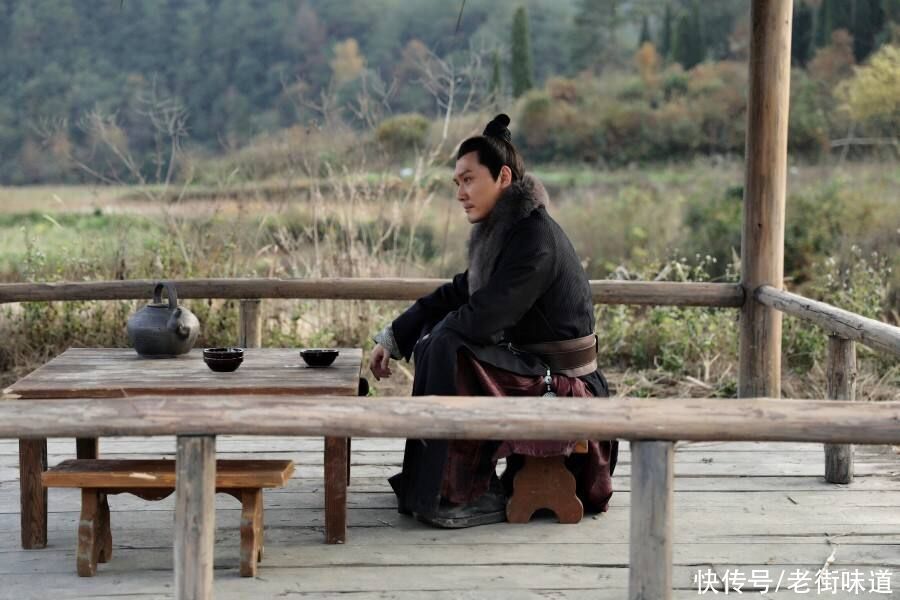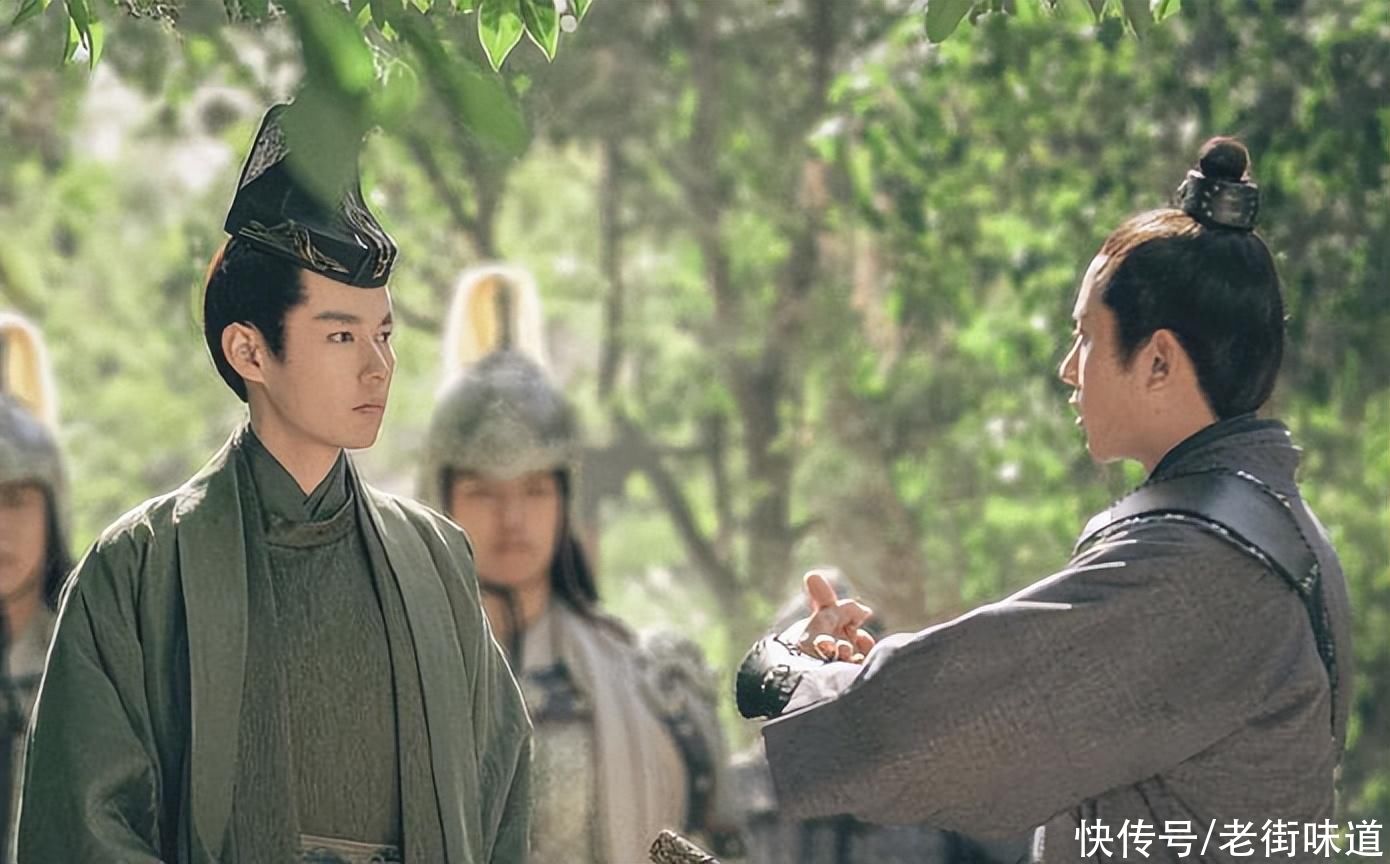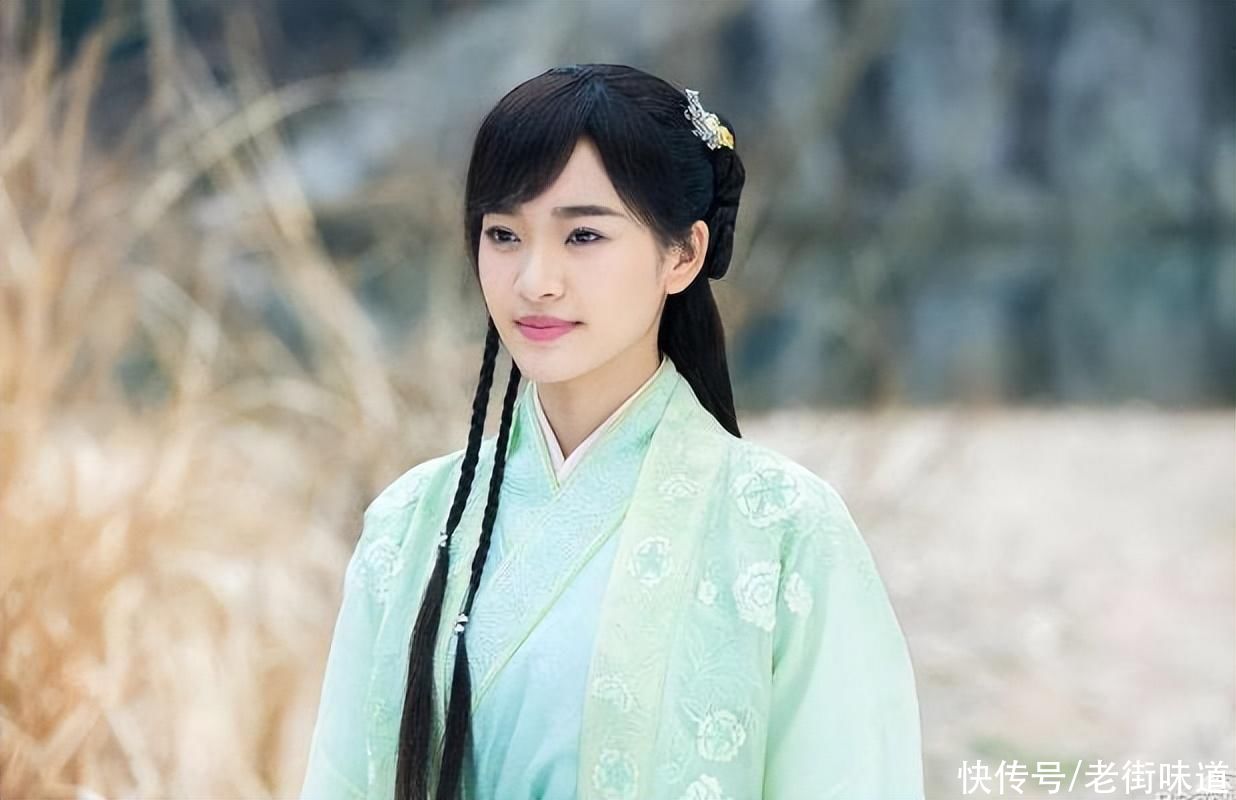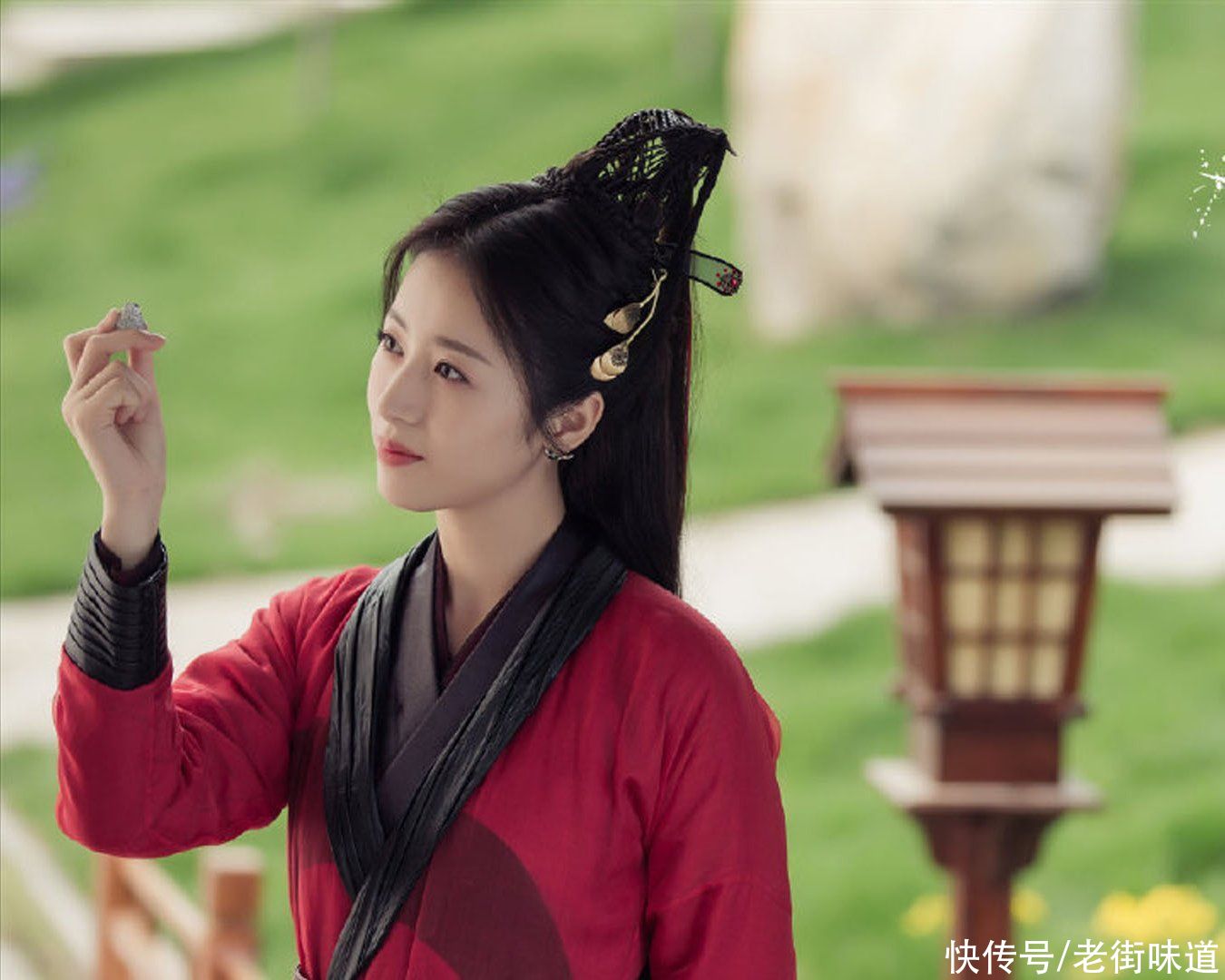內容目錄
Foreword
Bai Juyi has a well-known masterpiece of singing grass: Wild fire, in spring.
Fangfang invades the ancient road, and Qingcui connects the barren city. He sent Wang Sun again, full of other feelings.
Gu Sui said that the grass described by Bai Juyi is the grass in the eyes of poetry, not the grass in the eyes of the naked. What does this mean?

First, the grass in the eyes of poetry
Poets are always moved by the outside world when they write poetry. It is only reflected in the poems, each with its own advantages and disadvantages.
Gu Sui said that the pros and cons are still superficial from a technical point of view, and in-depth exploration is a problem with “poetry eyes”. The poetic eye he said did not refer to the eye of poetry (the eye of poetry that refines words and sentences). Rather, it refers to the poet’s eye, that is, the poet’s power of observation.
The heart and eyes are the organs of the flesh, and they are the organs of human beings that have a relationship with the outside world. But poetic eyes and poetic hearts do not refer to the heart and eyes of organs.
Gu Sui commented on the grass in Bai Juyi’s writings, not the grass seen with the naked eye, but the grass in the eyes of poetry. The grass in nature is the truth of the world (worldly view); the grass of Bai Juyi is the truth of poetry (the meaning of poetry).
Gu Sui said:
Bai Shi sees it with the eyes of poetry, so it is true grass that fits the essence of poetry, and the soul of the grass is dug out. “Gu Sui Speaks Poems of Tang and Song Dynasties”
Simply put, the grass in the eyes of poems endows people with an unyielding spirit. Therefore, this poem is a metaphor from the grass, there are false and true. What is written is grass, what is said is the philosophy of life.
Mr. Gu Sui always likes to talk about raw colors. The grass here has a raw color.

Second, the wildfire can’t be burnt out, the spring breeze is blowing again: the first wave is not flat, and the next wave is rising
These two poems should also use the works of predecessors. Liu Xiaochuo (481-539) of the Southern Dynasties has a poem:
When the flowers fall, the sweeping is more harmonious, and the cong orchid is picked and resurrected.
The fallen flowers are swept away, and new fallen flowers are scattered on the ground again; the orchids are picked, and new flowers will be born.
Meng Haoran also has a poem:
The forest flowers are swept away, and the grass is still alive
The meaning is the same, but Changed the link to grass. The flowers will fall when cleaned, and the grass will regenerate when it is trampled.
Bai Juyi split Meng Haoran’s sentence into two sentences:
The wildfire can’t burn out, the spring breeze blows again
before The wave is not flat, and the next wave rises again. When I think about Fangping, the next thought is born again. The grass is like this, the flowers are like this, and the world is like this. Meng Haoran has another poem:
Personnel affairs are metabolized, and exchanges have become ancient and modern. Rivers and mountains have left a legacy, and my generation will come again. “Climbing to Xian Mountain with Zhuzi”
Bai Letian observed with the eyes of poetry and wrote the spirit of grass. Gu Sui said that a poet must first break (see through) the “illusion” before he can write a real poem.
Then he put forward: if the environment kills the heart, the common people, and if the heart kills the environment, the saints.

Third, if the mind kills the mind, the commonplace, and the mind kills the state is holy
kill, overwhelm, control. If external things overwhelm or control our heart, we are ordinary; our heart is not controlled by external things (external environment), but can change external things, and we are a successful person. In the eyes of Zen practitioners, afflictions can turn into Bodhi, and there is no difference between afflictions and bodhi.
Gu Sui gave an example:
The Master said: “Sparse food, drink water, bend one’s shoulders and sleep on it, and enjoy it.” The Analects of Confucius And “
Sparse food, drinking water, and crouching, it is a harsh environment. If you are an ordinary person, your emotions will naturally be affected, and even your outlook on life will be affected, and you will be prone to self-pity, Self-defeating.
And how did Confucius do it? “Happiness is also in it.” He is not affected by it, but takes pain as pleasure.
Bai Letian observes the grass with the eyes of poetry, feels the grass with the heart of poetry, and kills the environment with his heart. Therefore, the grass in his works can be “unburnt by wildfire”, “reborn with the spring breeze”, and “withered once every year” “.
From this poem about things, we can see the author’s attitude towards life. The mind controls external things, rather than being controlled by things.
Everyone has troubles, some people Overwhelmed by afflictions, they always live in pain; some people use external things (such as drinking, entertainment, such as work) to temporarily forget or relieve troubles; some people are good at reconciling, can resolve troubles, and even transform troubles, such as “Xibo “The Book of Changes” was played under restraint, and “Spring and Autumn” was written by Zhong Niee.” Do you think King Wen of Zhou and Confucius are troubled? Or are they happy?

Concluding remarks
This poem by Bai Juyi is a chanting poem with allegorical meaning.Mr. Gu Sui thinks that we should use the heart of a poet and a poet The eyes to experience and observe, and it is necessary to “kill the mind“, not “kill the mind“. Wang Guowei also has a similar statement:< /p>
Poets must despise foreign objects, so they can use their servants to order Fengyue. They must also value foreign objects, so they can share joy with flowers and plants. “Human Cihua”
< /div>
@Old Street Taste